By Echo
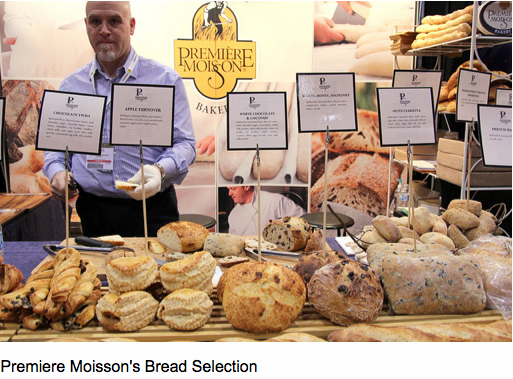
Image source: Flickr
It is no secret
that North America and other industrialized countries are facing several health
and environmental issues. To solve these problems, a major shift in perceptions
is necessary to create awareness. How can one solve a problem if it is not well
understood? One individual cannot change the fate of the world but can
make a significant contribution by effecting change within his or her own
personal boundaries. Montreal's abundance of farmers markets, small bakeries
and butchers makes it a good city to study the food conundrum: buy local or buy
global. This essay will compare and contrast the options for completing the
mundane task of grocery shopping. The criteria used to evaluate these options
will be based on cost, time consumption, health benefits, environmental
benefits and economical impact.
My work has also motivated me to put a
lot of time into seeking out good food and to spend more money on it. Michael Pollan
Pollan,
a journalist and "foodie activist", best represents a common
misconception that local foods are always more expensive. The logic behind this
misconception is that supermarkets have the industrial advantage of economies of scale. This term highlights
the supermarket's buyer power. In simple terms, for each additional unit
purchased, the buyer's cost per unit decreases. Consequently, supermarkets can
sell their products at a lower cost. This buyer power can also apply to
production costs: the mass agricultural operations supplying the global food
market have much lower production costs per unit then the local farmers. In
fact, this reasoning is logical but does not represent the reality of the food
industry as many variables determine costs. To illustrate
this reality, we will use bread.
The prices of the global food market have risen due to
an increase in the cost of raw materials such as wheat, sugar and oil (Ryan Charkow, CBC News- SEE
FIGURE 1). Bread has been greatly affected because some of its fundamental
ingredients experienced the highest fluctuations. As a field experiment, the
price of basic sliced white bread from Montreal's famous bakery Première
Moisson were compared to the classic sliced white bread from IGA. IGA's
brand and no-brand bread price varies between $2.39 and $3.99. Première Moisson's basic white bread is
priced at $2.50.
How did Première Moisson
maintain a low price? Its main wheat and flour suppliers are Quebec-based
and partly owned by Première Moisson.
This provides Première Moisson
with control over some of the raw material costs. For example, the consumption
of oil necessary for the basic bread ingredient to travel to the Première Moisson stores. To conclude,
the determinants of cost are numerous and so, the advantage truly lies within
which entity can devise the best strategic formula to bring value to their
customers. Local markets (specialist) have the advantage of flexibility within
the range of costs for the product they offer whereas supermarkets (generalist)
have the advantage of flexibility in the range of products they offer.
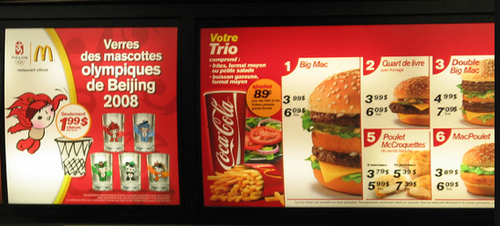
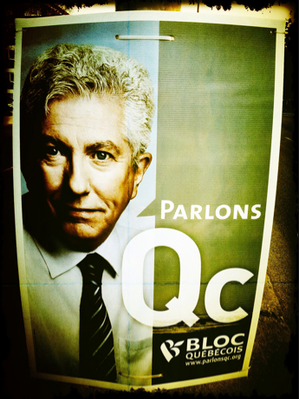
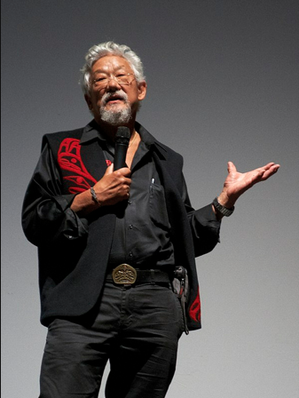


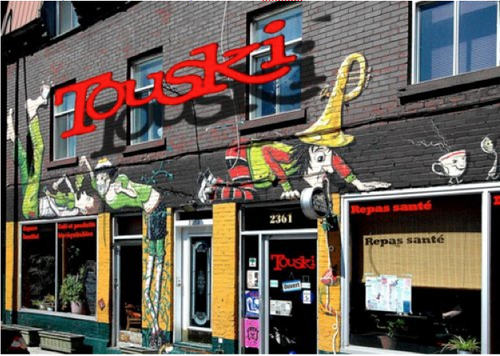
Recent Comments